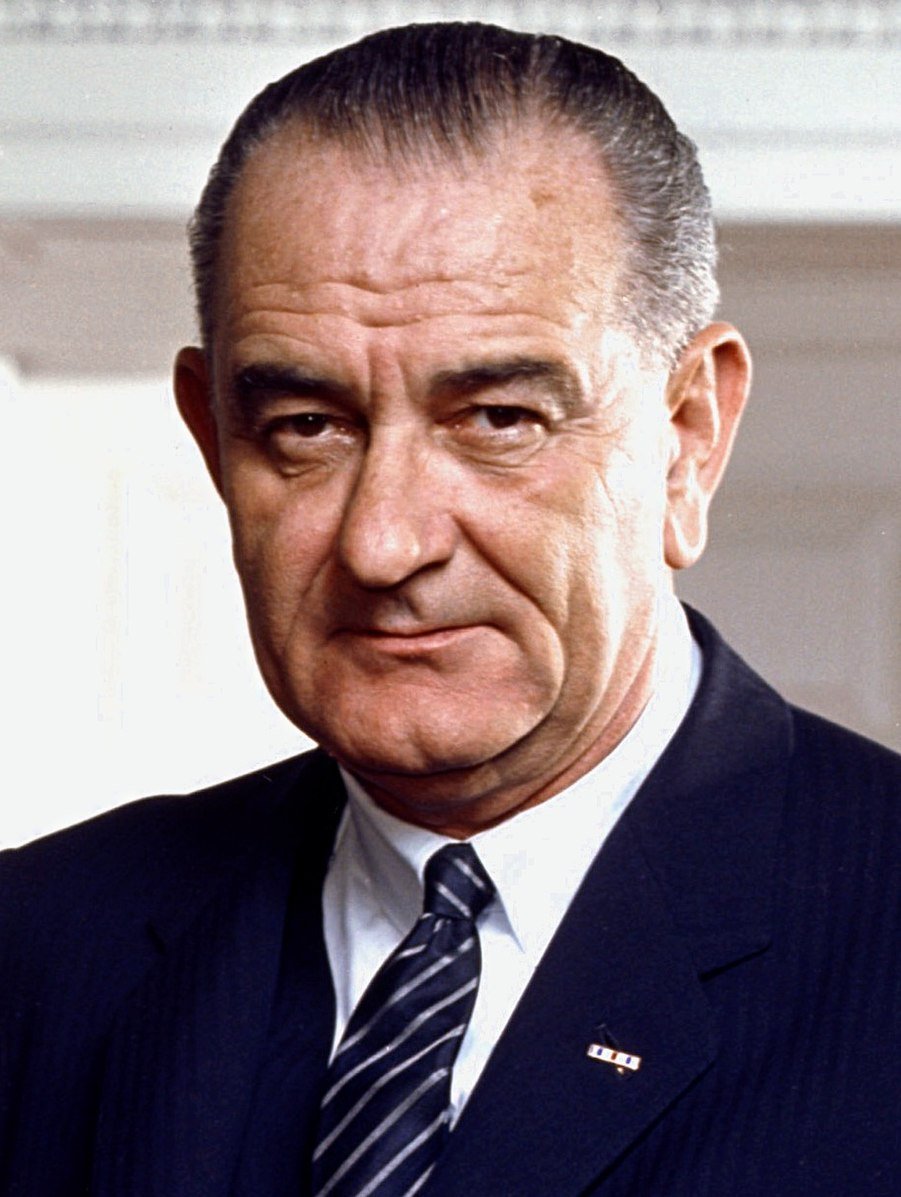Escalation of the Vietnam War under President Johnson, 1963-1969 (Edexcel GCSE History): Revision Note
Exam code: 1HI0
Summary
President Johnson was keen to play more of an active role in stopping a communist coming to power in all of Vietnam. Under Eisenhower and Kennedy, the communist forces in both the North and South of Vietnam had grown stronger. Reports of attacks on American ships in the Tonkin Gulf enabled Johnson to enter the war actively. By the end of 1964, American servicemen were fighting and dying in Vietnam.
What aims did Johnson have for Vietnam?
Like Eisenhower and Kennedy before him, Johnson wanted to stop communism from spreading in Southeast Asia
After the death of Ngo Dinh Diem, Johnson was also eager to establish a stable and popular democratic government in South Vietnam
He wanted to achieve these things without the conflict in Vietnam escalating into an all-out nuclear war with the USSR

The increasing threat of the Vietcong
By 1963, the Vietcong (VC) were more popular and powerful in South Vietnam than ever before
The VC’s popularity and influence increased for several reasons:
Many villagers were greatly angered by the Strategic Hamlet Program that had forcibly moved them from their ancestral homes
Many villagers were extremely poor and the communist ideas of equality and sharing of wealth appealed to them
Weapons and supplies had reached the VC from North Vietnam after travelling down the Ho Chi Minh trail
Many of these weapons and supplies had been sent to North Vietnam by China and the USSR
The VC ran an extremely effective propaganda campaign that convinced many villagers that the VC were on their side
Around two-thirds of South Vietnam was under the control of the VC’s 10,000 soldiers by the end of 1964
The events of the Gulf of Tonkin incident, 1964
For the first half of 1964, the number of US military advisors increased but there were no American combat troops in Vietnam
That all changed in August 1964 when two US ships claimed they came under attack whilst off the coast of North Vietnam
In what became known as the Gulf of Tonkin Incident, the alleged attack was blamed on North Vietnamese torpedo boats
Neither the USS Maddox nor the USS Turner Joy were damaged and many historians have doubted that the attacks took place
How did the Gulf of Tonkin incident escalate the Vietnam War?
Johnson used the incident to claim that America was under threat from more “unprovoked attacks” if he did not act
He asked Congress for support and it passed the Gulf of Tonkin Resolution
This meant Johnson could now:
“...take all necessary measures to repel any armed attack against the forces of the United States and to prevent further aggression.”
‘Necessary measures’ included using US combat troops to fight the VC and US aircraft to bomb North Vietnam
The Gulf of Tonkin Incident directly led to the US joining the war
Examiner Tips and Tricks
In this paper, you will be asked to infer information from two sources. Never discount a source as being useful for being biased or propaganda. Even if it is very one-sided, it is useful in that it tells us what people want other people to believe.

You've read 0 of your 5 free revision notes this week
Unlock more, it's free!
Did this page help you?